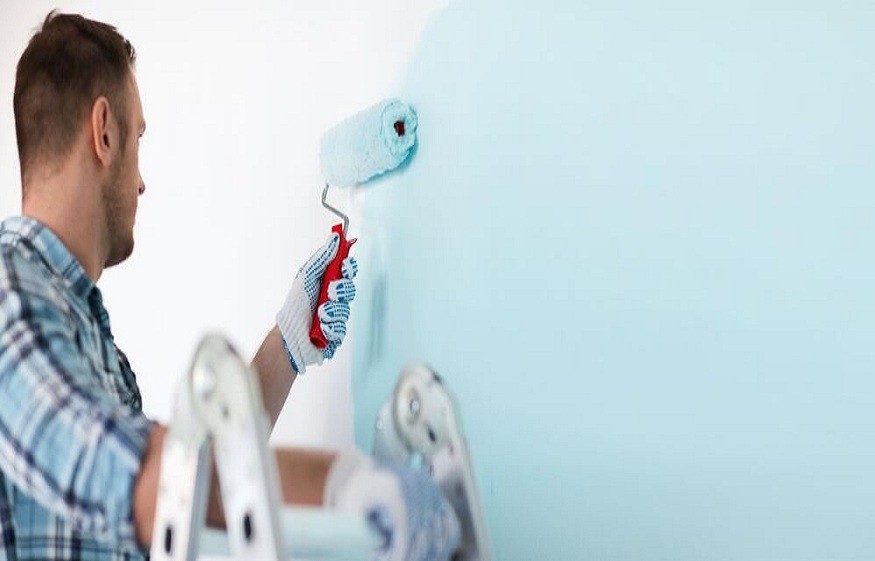1,588 Views
Introduction
According to Mark Roemer Oakland, when you’re trying to paint the ceiling and walls, the greatest worry of homeowners is that some of the paint always drips down. However, this issue can be easily resolved with a few basic tips. Let’s check them out.
Tips & Tricks
- Use a limited amount of paint – The greatest mistake that every amateur painter and homeowner makes is to apply too much paint at once. When you soak the roller in the paint, it absorbs a lot of it and that leads to dripping when you apply it to the wall. Instead, it’s best to use a shallow paint tray and add a small amount of paint to your roller every time. When you apply less paint to the roller, you reduce the risks of dripping. While the area you can paint each time reduces significantly, you have more control and don’t need to worry about dripping.
- Use a light touch – If you press the roller too hard on the ceiling or the wall, it’s going to release more paint too quickly and that would lead to splatters and dripping. Instead of that, you need to be slow and steady with a light hand while applying the paint. Always move in straight lines, so that even if the paint drips, it can be controlled easily. Moving in straight lines with a light hand will keep your hand and shoulders less tired and result in a mess-free, uniform, and clean paint job.
- Use an Accubrush – An Accubrush or an edge painter does exactly what it sounds like. It’s a roller with the accuracy of a paintbrush. Paint drips usually ruin the edges, whether it’s the edge where two walls meet or the edge where a wall and the ceiling meet. These brushes allow you to create an exceptionally sharp edge with minimal effort and would limit the paint to exactly where it should be.
- Use ceiling paint – If you use regular paint for the ceiling it will drip, despite your best efforts. That’s why you should buy ceiling paint. This kind of paint is flatter and less likely to drip. Moreover, its viscosity makes the paint more predictable, and you can figure out exactly where it’s going which allows you to apply it with more precision.
- Prep your space – No matter what you do, completely eliminating drips and splatters is impossible. That’s why you need to prep your space before painting the walls and ceilings. Cover your floors and furniture pieces with drop cloths, remove light fixtures and fittings, and use painter’s tape wherever necessary. It’s also better to paint the ceiling before the walls since that way you can easily correct stray splatters on the wall.
Conclusion
Mark Roemer Oakland suggests that you use the above-mentioned tips to paint your walls and ceiling without splattering it on the floor or furniture and without making it drip. Just use the right amount of paint and experiment around with a few strokes of the brush on an inconspicuous part of the wall.


Can you be more specific about the content of your article? After reading it, I still have some doubts. Hope you can help me.